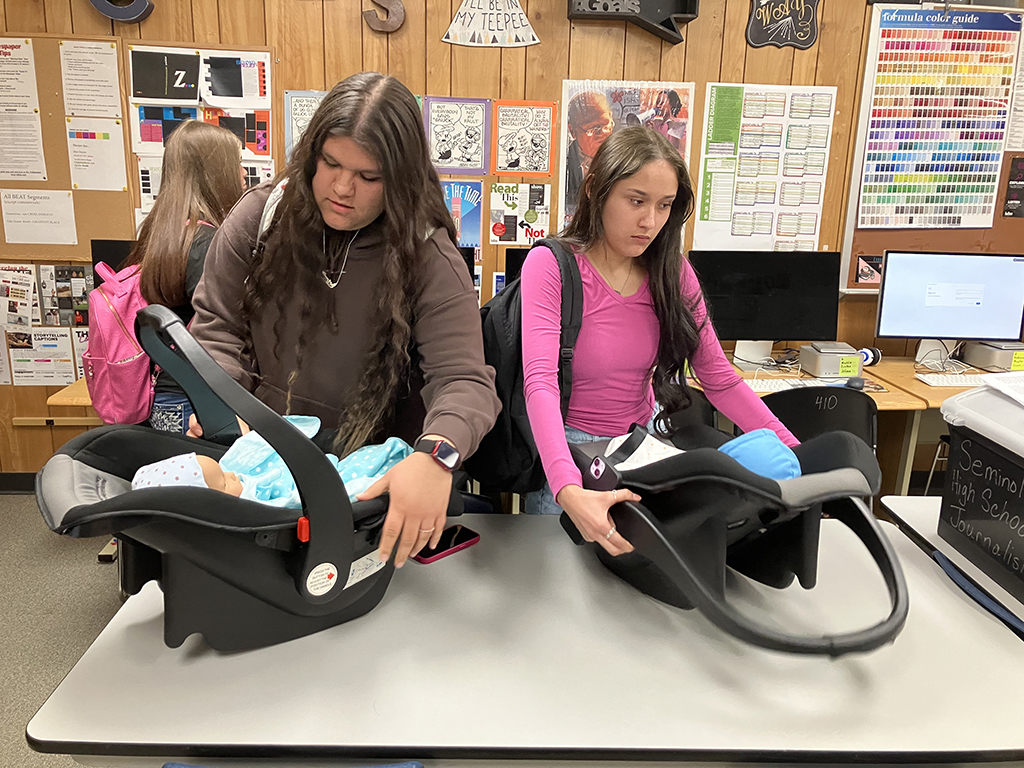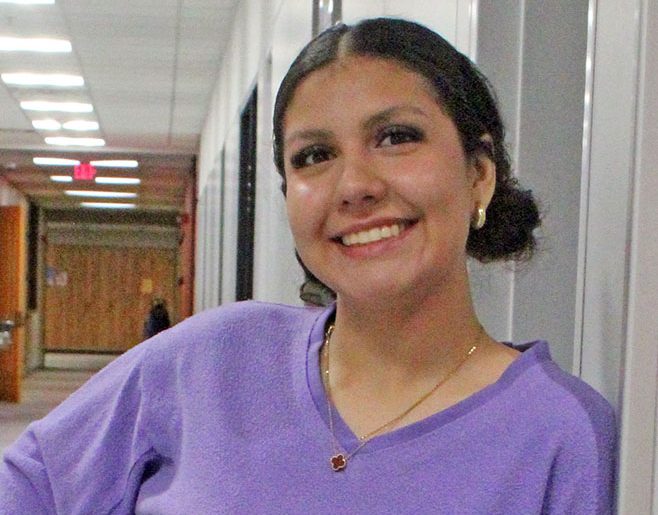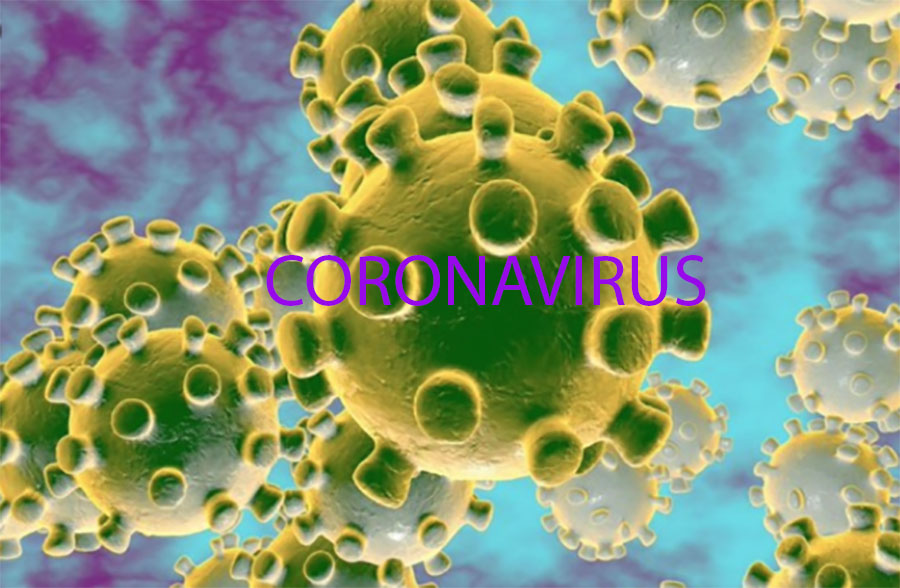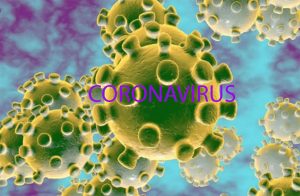As coronavirus spreads to Texas, expert explains what to do
Special interview with a research assistant for Science, Technology and Innovation Policy at the Federation of American Scientists in Washington, D.C.
San Antonio Metro Health recently released a coronavirus patient before that person tested “weakly positive” for the coronavirus pathogen on March 1. The potential spread of the virus in instances like this causes worries to mount in the general public.
As the spread of the virus gets nearer to Seminole, the issues become less of an issue to joke about. In an online interview with the War Whoop on Feb. 28, Lindsay Milliken, a research assistant at the Federation of American Scientists, said that it is important to be aware of a few things with this virus.
“The most important is that there is a lot of misinformation circulating about it,” Milliken said. “It is important to only gather information from reputable sources like the CDC (Center for Disease Control) and WHO (World Health Organization).”
Milliken said that the Federation of American Scientists is working to dispel the myths surrounding the coronavirus and collect fact-based information from scientists and experts who specialize in public health, epidemiology and virology.
“We are also translating cutting-edge scientific papers about the coronavirus for the general public,” Milliken said. She said all of the federation’s work can be found at https://fas.org/ncov/.
As of March 4, this individual has become part of the Worldometer’s count of 94,334 people who were reported to have the virus. The death toll for the virus has reached 3,221. Dr. Michael T. Osterholm, the director for the Center for Infectious Disease Research and Policy, told KARE-11 in Minneapolis on Feb. 27 that the center predicts widespread {COVID-19] transmission in the United States in the next four to six weeks.
“It’s already occurring as early transmission now,” Osterholm said. “We’re just missing it because of the inability to test.”
Politico reported that testing for the virus in the United States has been significantly delayed due to a faulty component in the Center for Disease Control’s first batch of released virus tests. The United States has reported 128 cases of infection of the 94,000 worldwide. The number of infection grows daily, as well as the death toll. Nine deaths have been attributed to the virus in the United States.
The virus, now named SARS-CoV-2, is part of a large group of viruses that cause cold or flu symptoms.
“The novel coronavirus infects the lungs and can be spread through tiny droplets from coughing or sneezing,” Milliken said. “Those with preexisting conditions or weakened immune systems are at a higher risk of severe symptoms.”
The symptoms of the virus are severe coughing, fever, and difficulty breathing. In the most extreme cases, pneumonia can develop, as well as organ failure.
“About 80 percent of the cases have very mild symptoms, such as dry cough and fever,” Milliken said. “Those with preexisting conditions or weakened immune systems are at a higher risk of severe symptoms. Severe cases often have lung damage which allows fluid to leak into the lungs’ air sacs. This makes it difficult for them to absorb oxygen from the air and can cause other serious health problems.”
To protect oneself from catching the virus, Milliken advised people
•to avoid close contact with sick people (don’t stand within six feet),
•wash their hands frequently with soap and water for at least 20 seconds,
•avoid touching their faces, and
•cover any coughs or sneezes in the crook of the elbow or a tissue and throw the tissue away immediately.
“These practices are important to prevent catching any contagious disease like the cold or flu,” Milliken said. “CDC recommends that individuals who suspect they may have the virus isolate themselves in their homes and avoid contact with others.”
Milliken also said that the use of a surgical face mask does not protect a person from getting the virus. The CDC has also recommended that the use of face masks only for those who are sick, those who are taking care of sick people, and for healthcare professionals.
“Face masks, particularly surgical masks, are shown to not be effective in preventing a person from catching a disease in the long term,” Milliken said. “People who should wear masks, according to the CDC’s guidance, should wear properly-fitted N95 respirators.”
Milliken said that people should prepare for the disruptions the virus outbreak will cause. These preparations include:
• keeping medical records and important documents in an easily accessible location and format,
•storing a two-week supply of nonperishable food, water and nonprescription medicines for pain, stomach ailments, as well as cold and flu, and
•have a two-week supply of any necessary prescription medicines.
“The likelihood of an outbreak is still low,” Milliken said, “but it is important to be aware of the developing situation and be prepared for potential disruptions.”

























